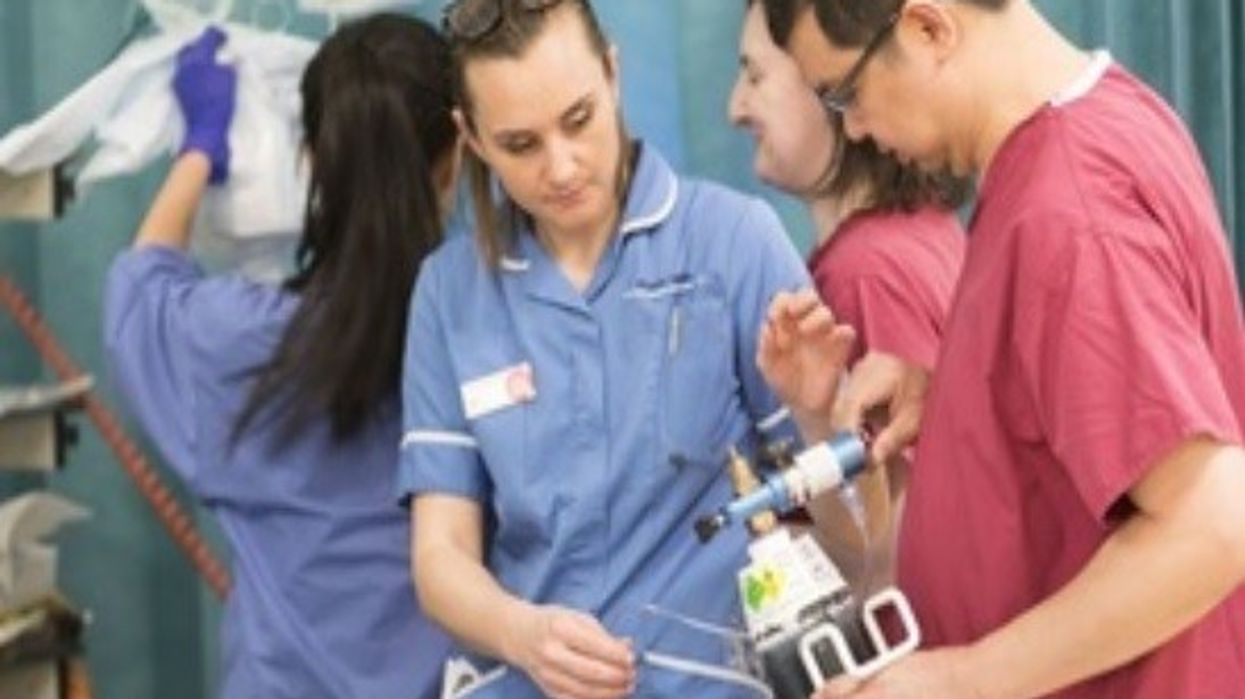Regulation of medical associate professionals will improve patient safety and relieve pressure on doctors and GPs
The UK government will lay legislation today (13 December 2023) to allow the General Medical Council (GMC) to begin the process of regulating medical associates to expand their roles in the NHS.
This will support plans to reduce pressure on doctors and GPs and improve access for patients, the Department of Health and Social Care (DHSC) said.
Physician associates (PAs) and anaesthesia associates (AAs) will have the same levels of regulatory oversight and accountability as doctors and other regulated healthcare professionals once the regulations come into force, which is expected at the end of 2024.
The GMC will design and deliver detailed regulatory processes for registration, education, standards and fitness to practise for both professions.
Health Secretary, Victoria Atkins, said: "PAs and AAs are already making a great contribution to the NHS, supporting doctors to provide faster high-quality care for patients.
"This new legislation paves the way for these professionals to be held to the same strict standards as doctors, boosting patient safety.
“This is part of our Long-Term Workforce Plan to reform the NHS to ensure it has a workforce fit for the future.”
Currently, there are around 1,500 PAs working in hospitals and 1,700 in primary care settings, and approximately 320 AAs in the NHS.
The NHS Long Term Workforce Plan aims to increase the PA workforce to 10,000 by 2036-2037 and the AA workforce to 2,000 over the same period.
Dr Navina Evans, Chief Workforce, Training and Education Officer at NHS England, commented: “Physician and anaesthesia associates are an important part of clinical teams across the NHS, providing support to thousands of patients with the appropriate supervision every day, while freeing up time for other clinicians.
“Regulation of these internationally recognised roles will ensure the highest standards are met as thousands more are trained to do the role.”
The NHS is also targeting to near double medical school and nursing training places over the next 15 years.
In order that the public are able to clearly distinguish doctors and medical associates, the GMC is actively considering the format for the reference numbers that will have when they join the register.
GMC Chief Executive Charlie Massey said: “This is a welcome and significant milestone towards bringing PAs and AAs into regulation.
“We’re pleased to support the development of these valuable professionals recognising the important role they play in the medical workforce. Regulation will help increase the contribution PAs and AAs can make to UK healthcare while keeping patients safe.”
The DHSC has also published its full consultation response on regulating PAs and AAs.













